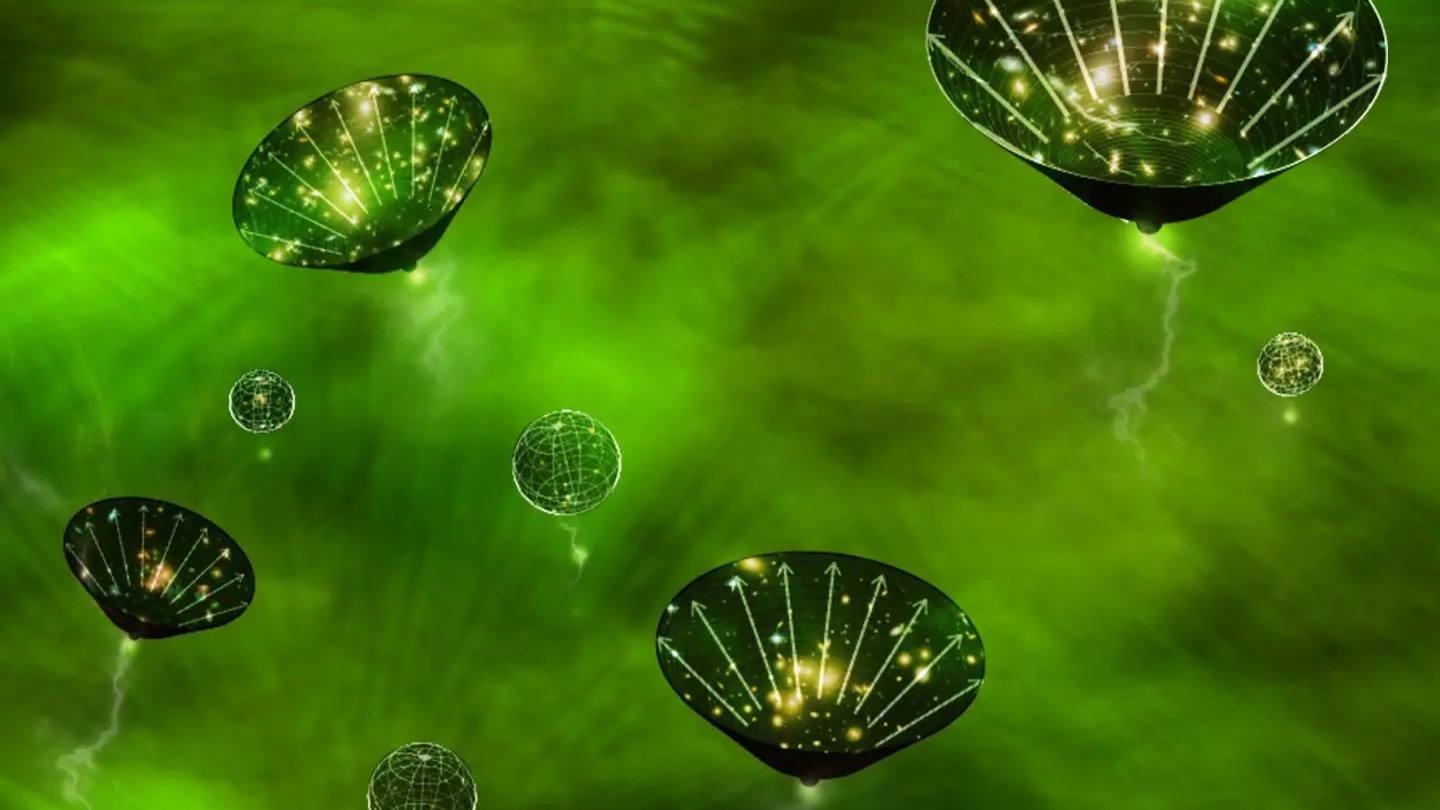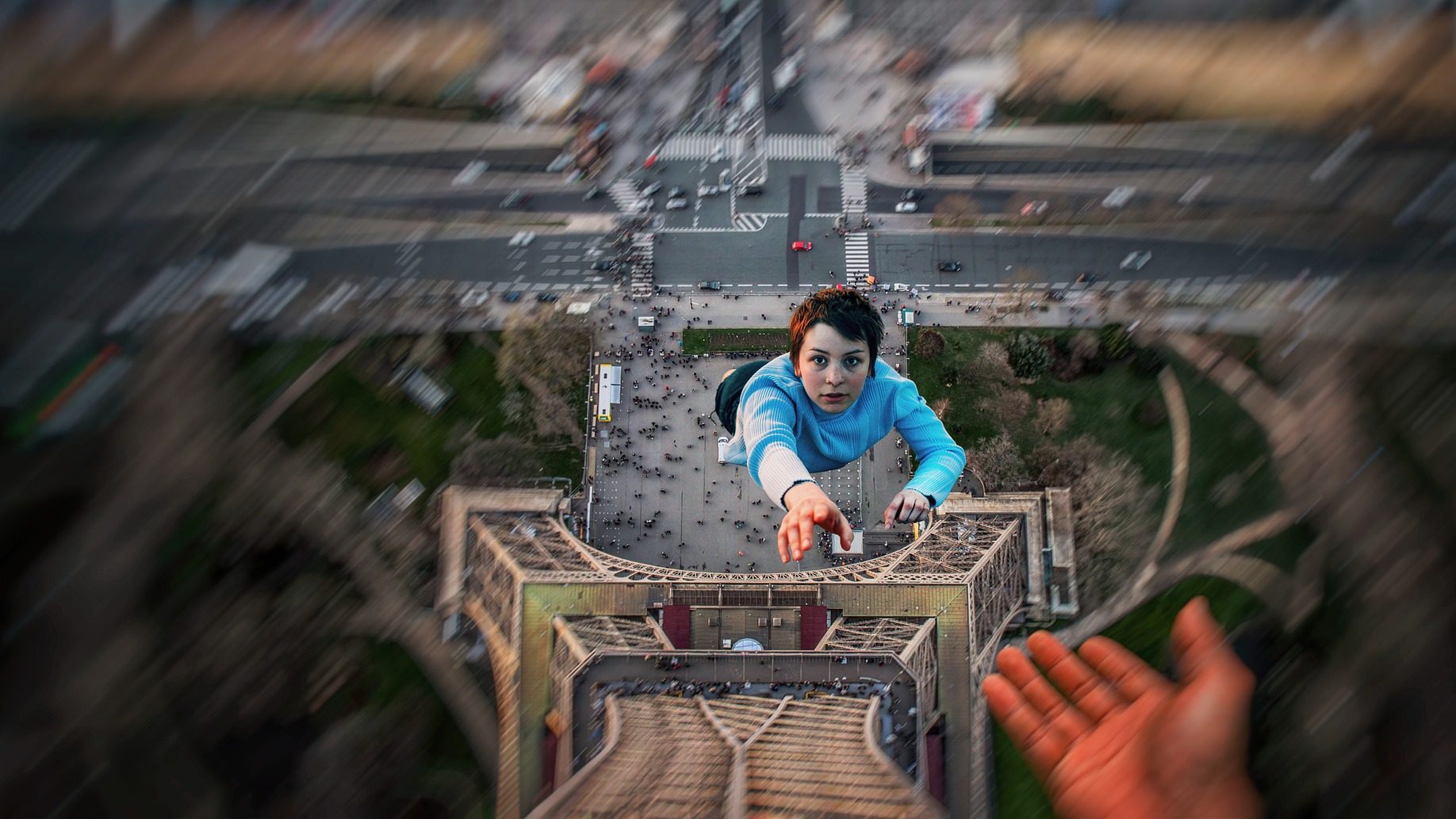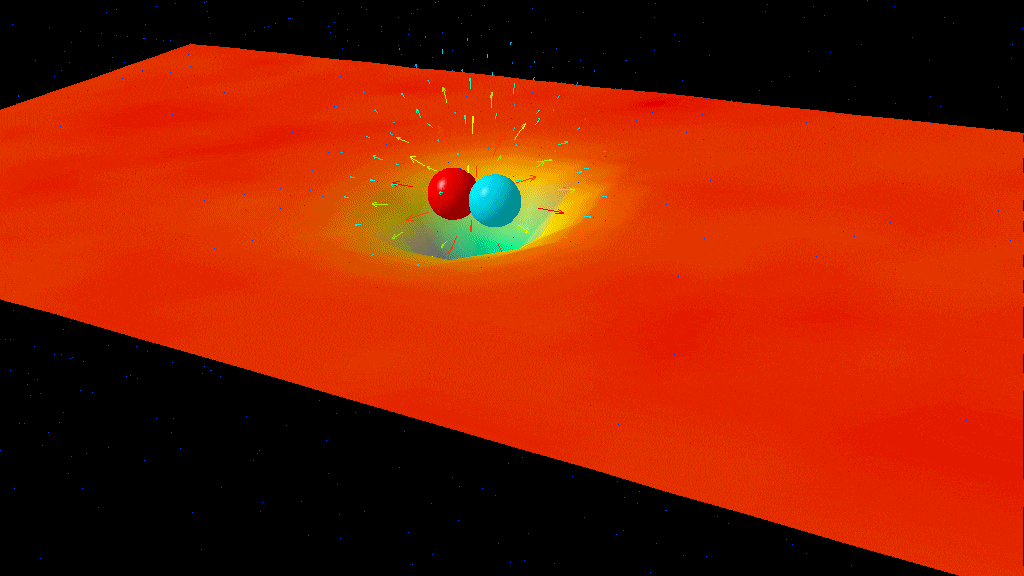The painter compares the art world, then and now.
Question: What was the New York art world like when you were young?
rnBleckner: You know, I was always very close friends with Eric Fischl and David [Sully] and Julian Schnabel and Barbara Kruger. Julian was a cook, David… I don’t even remember what everybody did but things. I mean, when I was in college, I drove a taxi, I worked in art supply store, you know. You know, I’m not, like, kind of saying that I ever had any… that I ever work on adverse conditions because I also had parents who were [squarely] middle-class and were very helpful and very supportive. So I’ve always felt very lucky. Some of those friends of mine had that and some didn’t to some extent, and to some less and to some more.
rnQuestion: How has the art world changed?
rnBleckner: You know, parents kick in, family kicks in. They understand that… that it’s hard to come to New York, that it’s not easy. But it’s hard to go to any city, it’s hard to start any career. It doesn’t matter what you do. You know, in a way… And that’s why I kind of demystify that whole idea of what it means to start out life as an artist. I mean, what about people who start out life as journalists? You know, it’s, like, where do you break into this industry, where do you break into the book industry, where do you break into the TV… I know people… in every business, you know. So it’s, like, how do you catch a break, how do something come along that includes you. You know, I always tell the kids, you know, you’re going to get out of school and you’re just going to see a big blank, brick, bare wall. And that wall has a job and you have a job. Nobody… That wall doesn’t consciously, and don’t take it personally, that the wall’s job basically is to keep you out. And your job is to find the crack and to work on those little cracks so that they become openings. And that’s exactly what being an artist does. It’s, like, where do you find the issues, where do you find the feelings, where do you find the little cracks that you can move into and make openings that somehow, hopefully, say something new, say something relevant, say something interesting, or just say something or do something. And that’s the same. That’s the same everywhere, how do you start a website or a video company.





